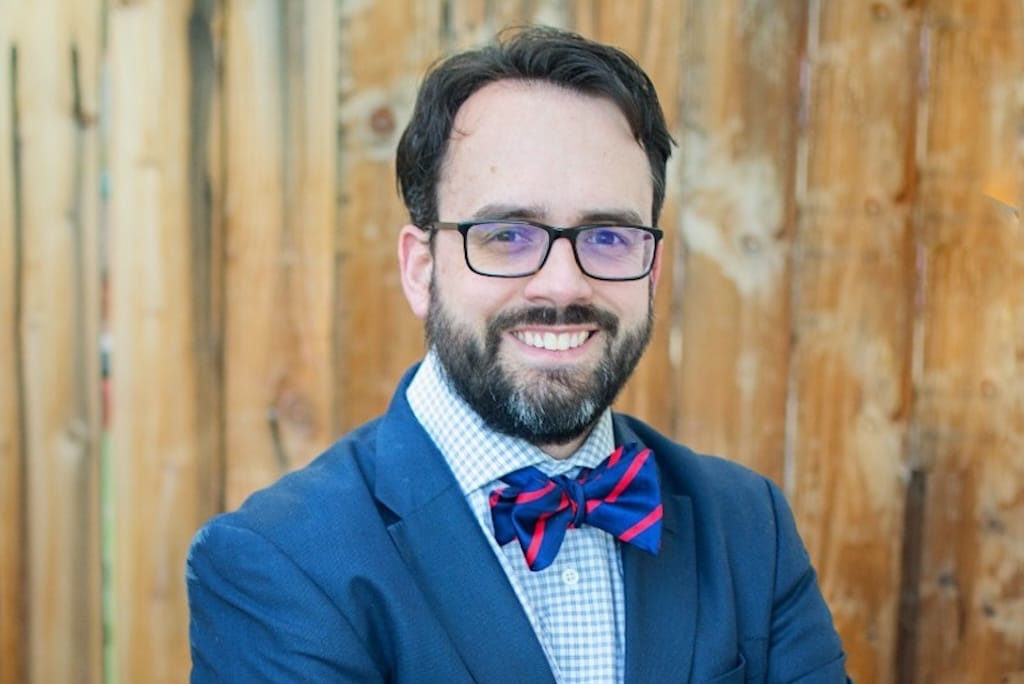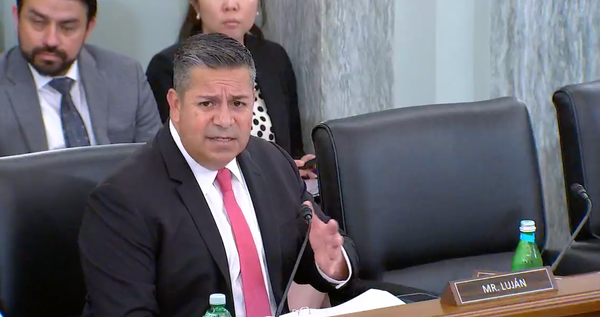Nevada Receives Approval for BEAD, Volume 2
The state increased its low-cost option from the draft circulated in September.

WASHINGTON, April 22, 2024 – The National Telecommunications and Information Administration approved on April 17 volume two of Nevada’s BEAD implementation plan.
The second of two parts, volume two details how states will administer grant programs with their slice of the $42.5 billion made available by the Infrastructure Act’s Broadband Equity, Access and Deployment program. Volume one outlines how states will accept challenges to broadband coverage data to get a more accurate sense of which individual homes and businesses lack connectivity.
Nevada is just the second state to have its volume two approved, joining Louisiana, which had its plan greenlit in December. With approval in hand, Nevada has one year to award grants with its $417 million BEAD allocation. The state is planning to start that selection process “sometime this summer,” said Brian Mitchell, director of Nevada’s broadband office.
The state will have to finish its challenge process first. It stopped accepting broadband data challenges, which under BEAD rules can come from nonprofits, local governments, and broadband providers, on March 28. Providers whose coverage was contested will have through May 9 to submit countervailing evidence, after which the broadband office will review what it’s received and make final determinations on whether locations will be considered served. So far 23 states have started accepting challenges, with 14 in varying stages of accepting rebuttals and adjudication evidence.
Speaking at an Ask Me Anything! webinar in the broadband community on Friday, Mitchell advised states to be “very clear and upfront in terms of expectations for what would constitute a successful challenge.”
“We published a very lengthy user guide that laid out very specifically what evidence would be required. I think that was helpful, because a lot of the challenges we’ve received did provide very solid evidence,” he said.

“The only other piece of advice I’d offer is: If you’re a challenger, please get your challenges in early,” he said. “That way, the state has a chance to review it and then tell you while the challenge window is still open if you need to provide some additional information.”
Volume 2 details
Nevada is unsure if it will have any funds left over after funding infrastructure to all the state’s unserved and underserved – the homes and businesses lacking at least 25 megabits per second download and 3 Mbps download – according to its approved volume two.
Providers participating in BEAD are required to set up a low-cost plan for low-income households served by their new infrastructure, but states have some freedom in defining the terms of what exactly that will require. In a change from the public draft posted in September, Nevada’s low-cost option will be set at $50 per month for most low-income households. That’s up from $30 per month in the draft plan. Applicants can score extra points by committing to a low-cost plan below $50.
Providers will also have the option to raise that amount to match any future subsidy increases for the Affordable Connectivity Program – or a successor program – plus a once yearly increase to keep pace with inflation. Those are also new provisions not included in the public draft.
“As a result of the comments received, OSIT revised the criteria for the Low-Cost option and affordability scoring,” the Nevada Office of Science, Innovation and Technology wrote in the approved document. The office did not publish the comments it received. The Washington Post reported last week that major broadband providers and trade groups have been advocating for looser affordability requirements at the state level.
Virginia’s broadband office and Republican lawmakers have clashed with the NTIA over its low-cost requirements. The agency has a preference for states setting out a specific price point or sharing a pricing formula, which critics argue runs afoul of the IIJA’s prohibition on rate regulation by the NTIA. The agency’s lead official has disputed this in congressional testimony.
For its part, Louisiana set its low-cost option at $30 per month, but will let providers increase that to $65 if necessary for the financial viability of the project.
Nevada made other changes in response to public comments, like taking up the NTIA’s updated financing requirements. The edits requested by the agency itself were “small and kind of technical in nature,” Mitchell said.










